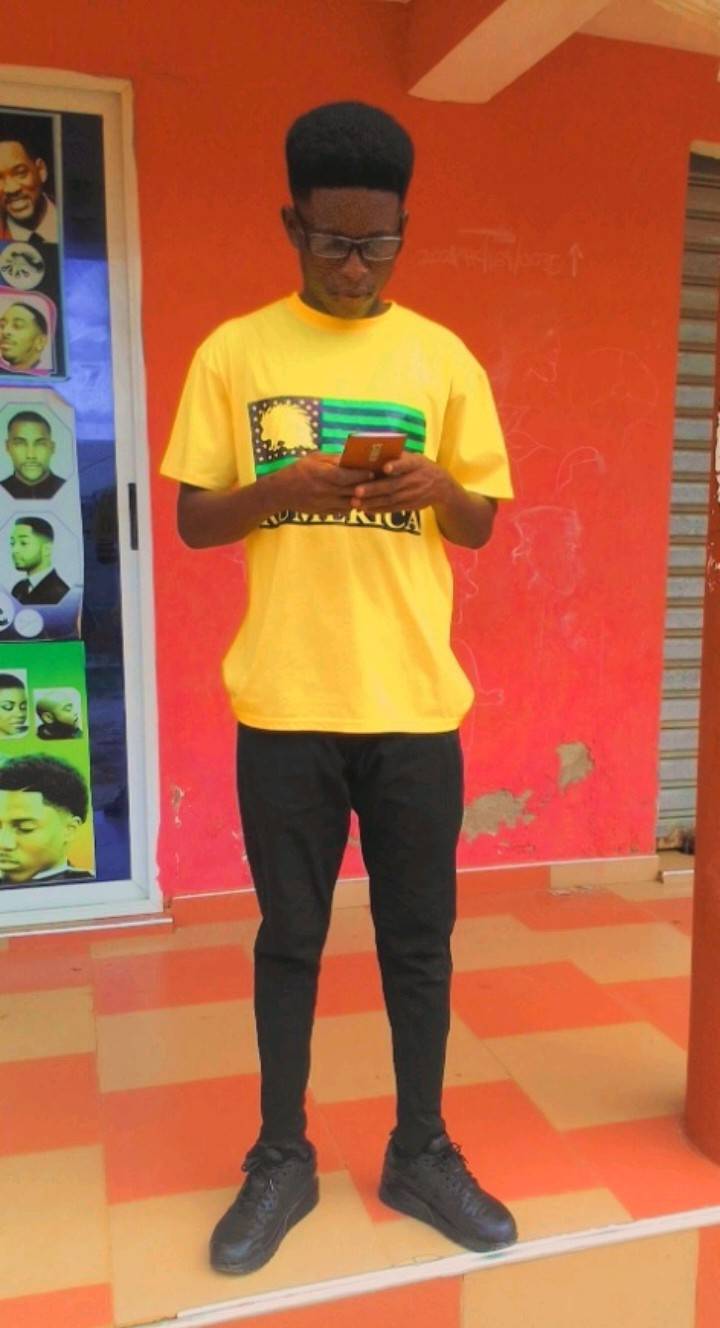The incident involving the assault on a UTV journalist by alleged supporters of the Vice President of Ghana, Dr. Mahamudu Bawumia, highlights a distressing challenge faced by the media and raises serious concerns about press freedom in the country. The attack occurred when the journalist questioned the credibility of Dr. Bawumia, an incident that has sent shockwaves through the journalism community and the nation as a whole. In this article, we will delve into the details of the incident, examine the broader implications for press freedom, and address the urgent need for safeguards to protect journalists and their right to report without fear.
The Assault on the UTV Journalist
On a seemingly ordinary day, the UTV journalist, known for his dedication to uncovering the truth and holding public figures accountable, attended a press conference hosted by Dr. Mahamudu Bawumia. During the conference, the journalist posed a pointed question regarding certain controversial statements made by the Vice President in recent times. Instead of providing a measured and respectful response, some attendees, allegedly identified as "Bawumia Boys," responded aggressively.
The scene turned chaotic as the journalist was forcefully grabbed, shoved, and verbally abused. The assailants attempted to intimidate and silence him, evoking a chilling reminder of the threats journalists often face when attempting to fulfill their duty of informing the public. The attack was not only an assault on an individual journalist but also an attack on the principles of press freedom and democratic values.
Press Freedom in Ghana
Ghana has long been praised for its relatively free and vibrant media landscape in comparison to many other African countries. However, incidents like this serve as stark reminders that press freedom is not absolute and remains vulnerable to attacks, particularly when journalists attempt to hold powerful figures accountable.
The constitution of Ghana enshrines the right to freedom of the press, guaranteeing the media's ability to operate independently and without interference. However, in practice, there have been instances of intimidation, harassment, and violence against journalists, often perpetrated by politicians or their supporters who seek to control the narrative and suppress dissenting voices.
Role of Journalists in a Democracy
Journalism is the lifeblood of any democracy. Journalists play a crucial role in informing the public, providing critical analysis, and holding those in power accountable for their actions. A free and independent press is essential for the functioning of a healthy democracy, as it empowers citizens with the knowledge they need to make informed decisions.
When journalists face violence or intimidation for merely doing their job, the entire society suffers. Citizens lose access to crucial information, and public figures face fewer checks and balances, potentially leading to unchecked abuse of power and corruption. Therefore, it is incumbent upon governments and society to protect and support journalists in their pursuit of truth.
The Dangers of Impunity
One of the most concerning aspects of the attack on the UTV journalist is the potential for impunity. If those responsible for the assault are not held accountable for their actions, it sends a dangerous message that violence against journalists is tolerated or even condoned. This can create a climate of fear, where journalists may self-censor to avoid retribution, thereby undermining their ability to serve as watchdogs and truth-seekers.
To safeguard press freedom, it is essential for the authorities to conduct a thorough and transparent investigation into the incident, leading to appropriate legal action against the perpetrators. Additionally, public figures, including Dr. Mahamudu Bawumia, must condemn such acts unequivocally and reaffirm their commitment to a free press.
Support for Journalists and Media Outlets
The attack on the UTV journalist highlights the need for greater support and protection for journalists and media outlets in Ghana. Media organizations should provide training and resources to help journalists navigate dangerous situations and protect themselves while reporting in the field.
Moreover, the government should establish clear mechanisms for journalists to report threats or attacks, ensuring that they can seek assistance and legal protection when needed. Additionally, laws protecting journalists from harassment and assault should be rigorously enforced to deter potential attackers and create a safer environment for media professionals.
Conclusion
The assault on the UTV journalist by alleged supporters of Dr. Mahamudu Bawumia is a dark day for press freedom in Ghana. It emphasizes the critical need for a society that values and defends the independence of the media and the right of journalists to report without fear or intimidation.
As citizens, we must recognize the pivotal role journalists play in keeping the public informed and ensuring transparency and accountability in governance. Protecting press freedom is not only the responsibility of the government but also a collective duty of every individual who values democracy and the truth.
The incident should serve as a wake-up call for Ghana to reinforce its commitment to press freedom and democracy by holding those responsible for the attack accountable and enacting measures to protect journalists from violence and intimidation. Only through collective action and an unwavering commitment to safeguarding the freedom of the press can Ghana continue on its path of progress and democratic development.




No comments yet
Be the first to share your thoughts!